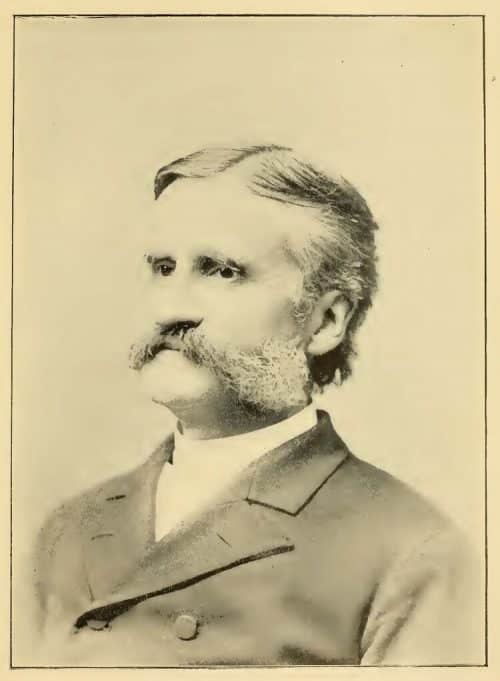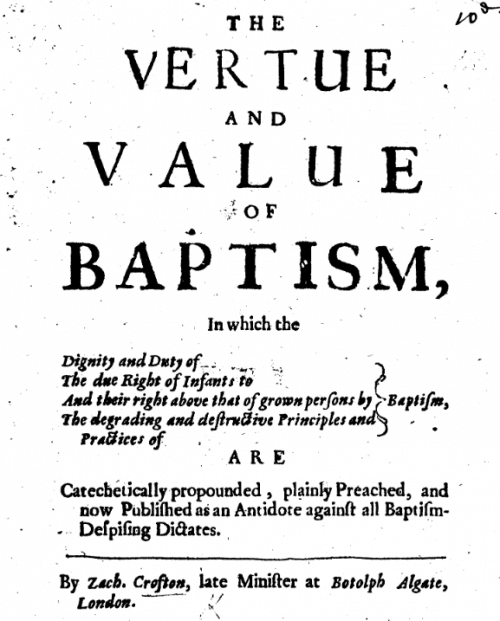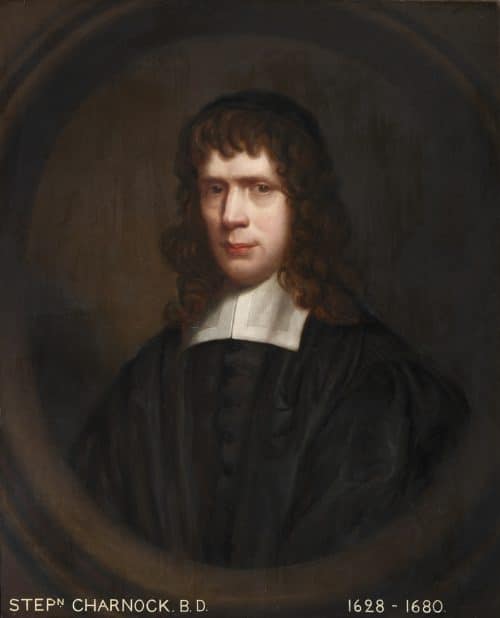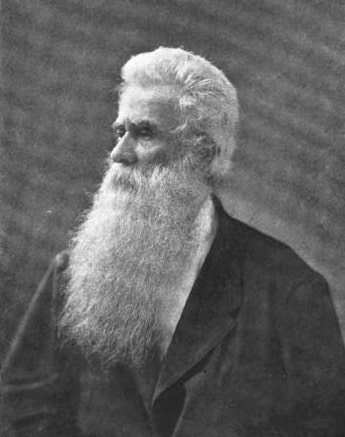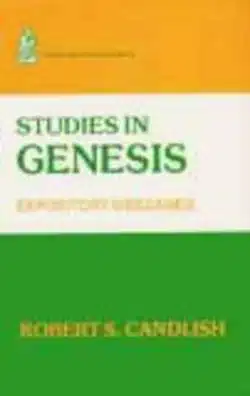Waiting Upon God on His Day
“Sanctification is the work of the Lord, and specially of the Lord when people meet on his day. He gave them ‘sabbaths,’ and they were called holy convocations, because on them the people met, Lev. 23.3. And why did he give them those days? that they might know that he was the Lord, which sanctified them. There is none which can sanctify persons by way of separation or inherent holiness, but the Lord; he assumes this power and privilege to himself; see Lev. 20.8; Ezek. 37.28; and his sanctifying is chiefly when people meet on his day. Then the law was read and opened unto them, Acts 15.21; Neh. 8.8; then did God appear amongst them, and work by the means he appointed for their sanctification. what their carriage was towards him therein, and Psal. 89.7, ‘God is greatly to be feared in the assembly of the saints,’ there he convinces them of their sinfulness and sinful practices; there he beats down their strong holds, and captivates their thoughts to the obedience of his will. What was it [that] made David openly to proclaim it, that ‘a day in God’s courts was better than a thousand?” one sabbath day, wherein he had communion with God, and found him sanctifying his head and heart, was more esteemed of him than a thousand other days: ‘For the Lord,’ saith he, ‘is a sun and shield,’ he enlightens me, he strengthens me, and so separates my darkness and weakness from me, and makes me more holy. Let us, therefore, look unto God alone for sanctification, and wait upon him on his days in the solemn assemblies, and he will sanctify us; those are days of his special presence, power, and blessing.” William Greenhill (An Exposition of the Prophet Ezekiel, pp. 497-498)

